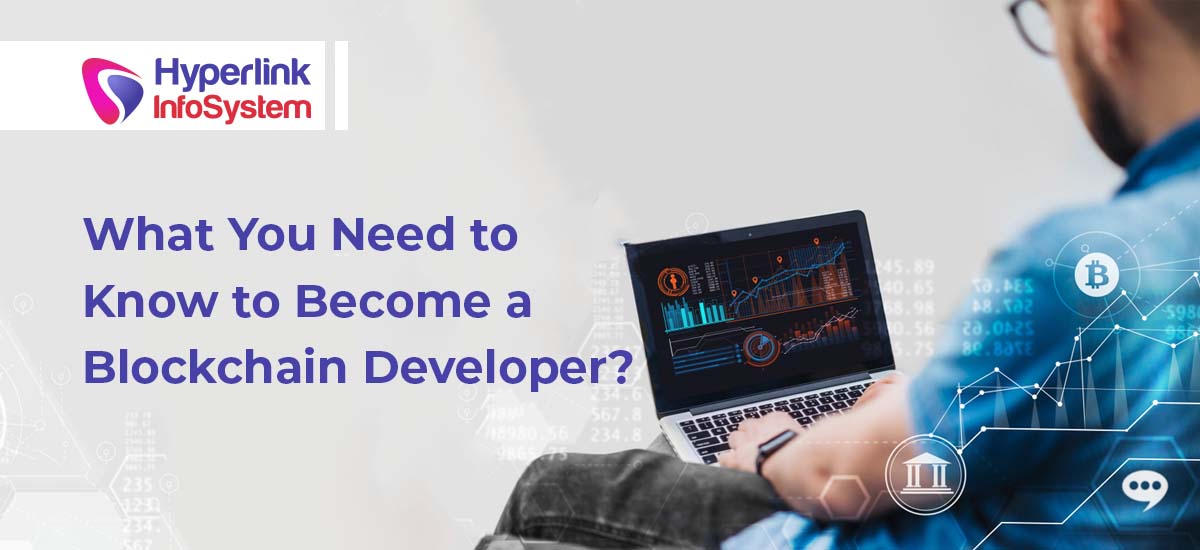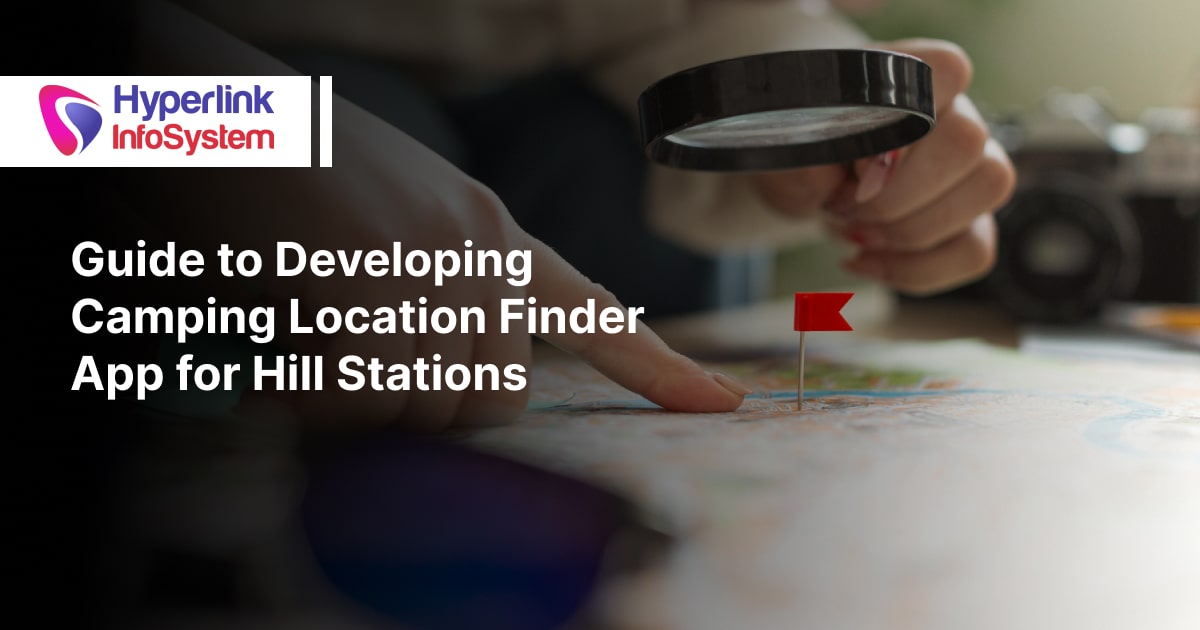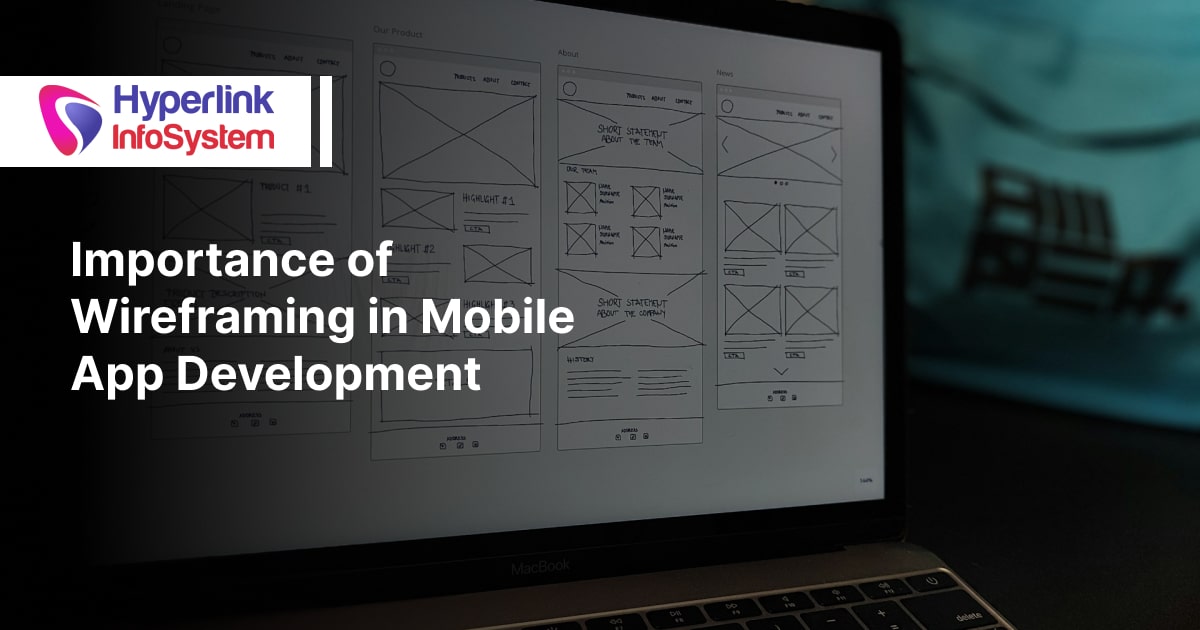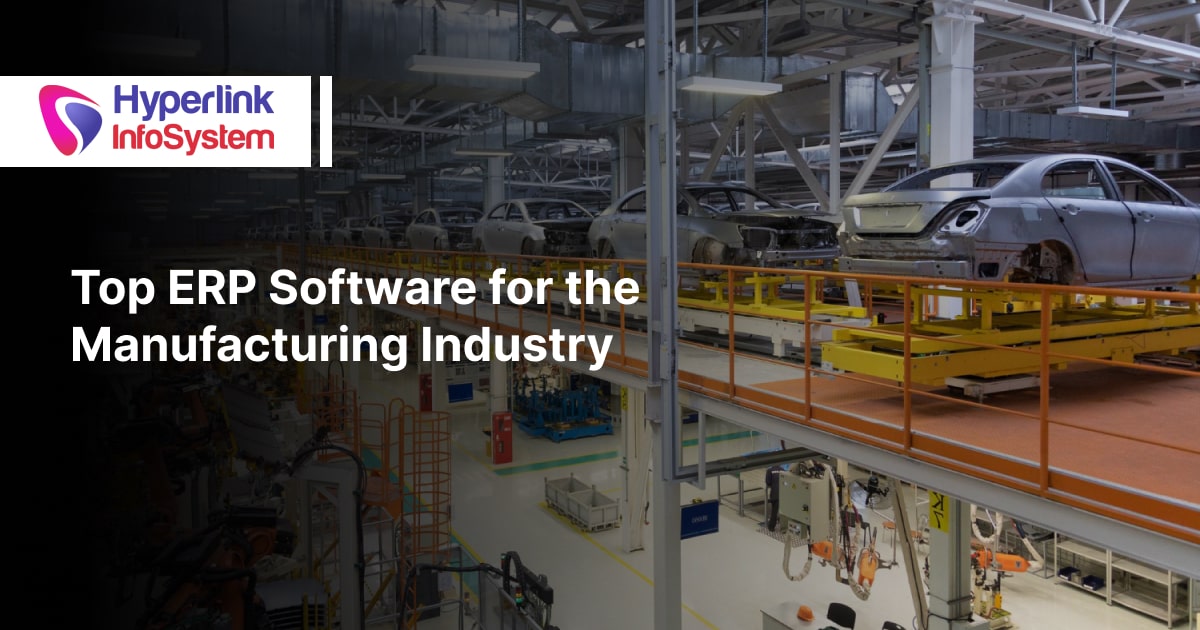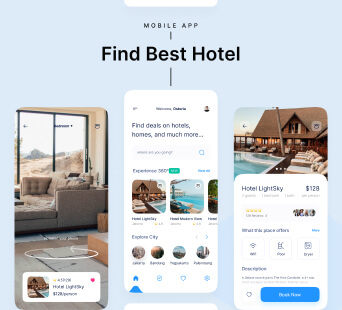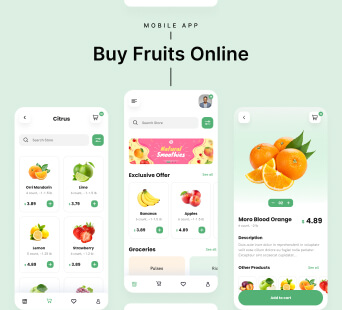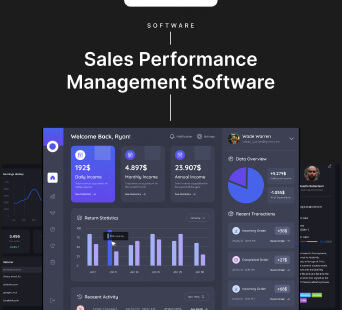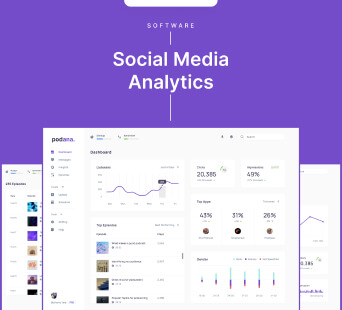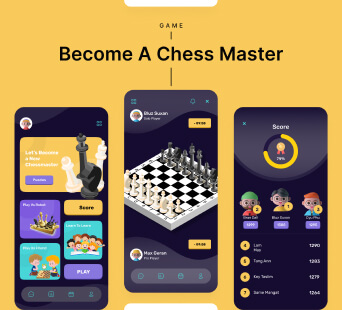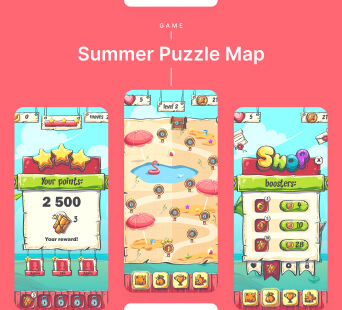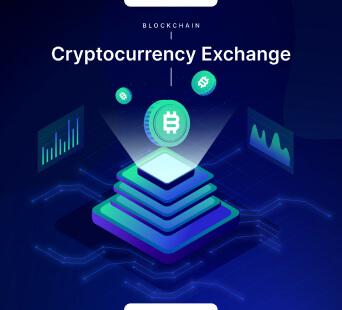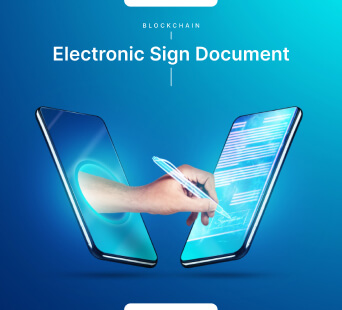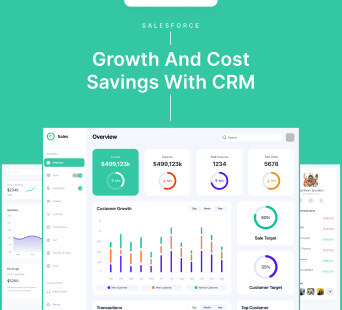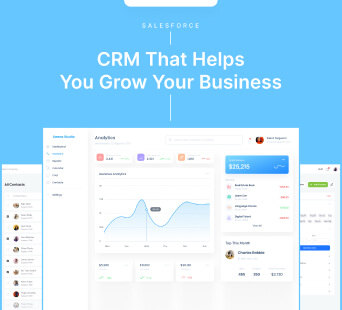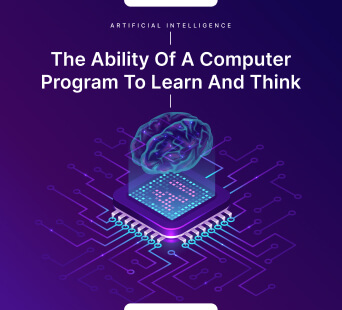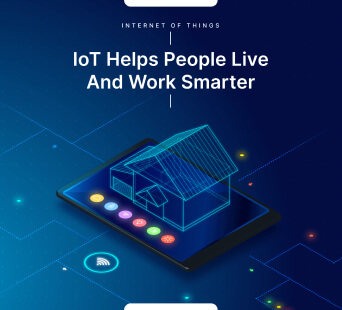The management of data and online commerce could both be significantly changed by blockchain technology. Blockchain was created to support Bitcoin. But it has already proven to be flexible and secure to a degree that many commercial and governmental sectors have started to acknowledge and adopt. Over the past several years, there has been a sharp rise in demand for blockchain engineers as more firms become aware of the potential benefits that this new technology offers.
As a blockchain engineer, you may use your technical ability to work with cutting-edge technology and make a lot of money. You need to keep up with the most recent developments in the area because blockchain technology is evolving more quickly than other technologies in its sector.
If this choice piques your interest and you want to learn how to become a blockchain engineer, keep reading to discover everything you need to know about this intriguing profession. In this article, we'll look at a comprehensive guide for learning how to become a blockchain developer.
Blockchain: What is it?
A blockchain is a type of database that is used to store and organize data. Traditional databases organize data into rows and columns that form tables. This makes the data easier for computers to recognize. However, with blockchains, information is digitally organized and organized into clusters or blocks. Each block has a certain amount of storage space.
When that capacity is achieved, the block shuts and cryptographically connects to the previous block, forming a chain. When one block links to another, cryptography generates an immutable timestamp. This permanent record ensures the accuracy of sensitive data such as transactions. Traditional databases, on the other hand, are often centralized and controlled by a single entity. An organization or administrator may manage and maintain sensitive data.
What is Blockchain Development?
Building, maintaining, and designing blockchain applications and systems is referred to as blockchain development. Overall, it tries to solve issues and generate opportunities by utilizing the unique properties of blockchain technology.
The smart contract is an example of innovative blockchain development. Smart contracts, like ordinary contracts, are written agreements between two parties. Smart contracts, like regular contracts, are programs that are kept on a blockchain. These programs are only activated when both parties agree to the terms and conditions. This automated compliance ensures that a contract is carried out correctly in real-time.
Comparing smart contracts to parking meters is an excellent method to grasp their utility. You enter the proper payment and receive the parking validation that corresponds to it. Because the agreement is established, no third-party intervention, such as a cashier, is required.
The Benefits of Being a Blockchain Developer
Being a blockchain engineer can be a profitable and rewarding professional path in today's technology-driven environment. Here are some of the advantages of working as a blockchain developer:
High Demand
Various industries including finance, healthcare, supply-chain management, and many more are taking advantage of the enhanced offering of blockchain technology.
Hire blockchain developers to own innovative, industry-specific blockchain-based software solutions to enhance the user experience and service offering.
Future Growth Prospects
The blockchain technology market is likely to expand significantly in the future years. By entering the field now, you position yourself for future chances for career progression as technology evolves and becomes more widely used.
Problem-Solving
Blockchain development necessitates a thorough knowledge of distributed systems, cryptography, and consensus techniques. As a developer, you will be challenged with tackling complex security, scalability, and efficiency concerns, which can be intellectually interesting and satisfying.
Lucrative Career Prospects
Because of the strong demand for hire blockchain developers, salaries and career possibilities are quite competitive. Because of the specialized abilities necessary in this sector, blockchain developers can earn more than ordinary software developers.
Transparency and Decentralization
Decentralization and transparency are the foundations of blockchain technology, which eliminates middlemen and boosts transaction confidence. You may help design applications that encourage openness, accountability, and fairness as a blockchain developer.
Hire blockchain developers or a blockchain development company that helps to build best-in-class and highly scalable blockchain solutions. You may take advantage of the promise of blockchain technology by working with these businesses, which specialize in offering blockchain development services.
What are the Roles and Responsibilities of Blockchain Developers?
The following are the roles and responsibilities of blockchain developers:
Learning about Blockchain Technology
Blockchain technology requires developers to thoroughly understand its underlying ideas, protocols, and consensus mechanisms. They must be knowledgeable about several blockchain platforms including Hyperledger, Corda, and Ethereum.
Building Blockchain Solutions from Scratch
Hire Blockchain developers who construct and develop decentralized applications (DApps), smart contracts, and blockchain-based solutions. Depending on the blockchain platform being utilized, they have to create code in a language like Java, Go, or Solidity.
Development of Smart Contracts
Self-executing contracts with established terms and conditions are known as smart contracts. The creation of smart contracts, which streamline corporate procedures and enable transactions on the blockchain, is a critical task for blockchain engineers. They must guarantee the safety, precision, and effectiveness of smart contracts.
Adding Blockchain to Current Systems
Blockchain developers should be able to combine the technology with current infrastructure and systems. To integrate blockchain networks with other systems, it is necessary to define data structures, identify potential use cases for blockchain, and create APIs or interfaces.
Testing and security
A crucial component of blockchain development is security. Developers must put strong security mechanisms in place to safeguard blockchain networks from threats and weaknesses. They should thoroughly test and debug blockchain apps to find and correct any flaws or possible problems.
Working together in Cross-Functional Teams
Blockchain developers frequently collaborate with project managers, business analysts, and designers in cross-functional teams. To comprehend requirements, provide technical insights, and guarantee successful project delivery, they must work successfully with these teams.
Keeping Up with Emerging Trends
As blockchain technology constantly develops, developers must keep up with the most recent innovations, protocols, and market trends. To advance their knowledge and abilities, they should actively engage in research, go to conferences, and be a member of blockchain communities.
When selecting blockchain engineers, it is crucial to take their knowledge, background, and portfolio into account. Hire developers who have a solid background in blockchain technology and the necessary programming languages. It is extremely valuable to have experience creating decentralized applications, working with multiple blockchain platforms, and creating smart contracts. Evaluate their problem-solving skills, teamwork, and familiarity with security best practices for blockchain development. You should consider a blockchain development company's experience, track record, industry knowledge, and capacity for meeting deadlines when choosing a blockchain development partner.
How To Enhance the Blockchain Development Skills?
Learn Programming Languages
To develop blockchain applications, you must be proficient in programming languages commonly used in blockchain development. The most popular languages include:
-
Solidity: On the Ethereum blockchain, smart contracts are created using this coding language.
-
JavaScript: It is frequently employed for both the front end and the back end of decentralized applications.
-
Python: It is versatile and widely used in blockchain development for writing scripts, tools, and backend applications.
-
C++: This language is commonly used for building the core infrastructure of blockchain platforms.
Coding Expertise
Coding expertise is the essential qualification for becoming a blockchain developer. Anyone with a background in technical development who wants to work with blockchain technology must first learn how to program in the blockchain programming language. Blockchain developers can be software engineers or developers. Taking classes created exclusively for blockchain and cryptocurrency developers is the simplest method to accomplish this.
Explore Blockchain Platforms and Frameworks
Learn about several blockchain platforms and frameworks, as each has a unique set of capabilities and tools. EOS, Hyperledger, Corda, and Ethereum are a few of the more well-known platforms. Explore their documentation, understand their architecture, and experiment with development environments and tools.
Develop Smart Contracts
Smart contracts are self-executing contracts with predefined rules written in code. Solidity is the most popular language for developing smart contracts on blockchain platforms like Ethereum. Learn Solidity and start building simple agreements to understand the contract lifecycle, events, and interactions with other contracts.
Build Decentralized Applications (DApps)
DApps are applications that leverage the blockchain's decentralized nature. You should get knowledge about developing DApps on systems like Ethereum if you want to work in the blockchain industry. This entails front-end programming using web standards like HTML, CSS, and JavaScript as well as interfacing with blockchain networks and smart contracts.
Gain Practical Experience
To solidify your skills, work on practical projects that involve blockchain development. Start with small projects to develop prototypes, smart contracts, or DApps. Participate in hackathons or coding challenges, join open-source blockchain initiatives, and give back to the blockchain development community. Understanding real-world difficulties and developing your abilities require practical experience.
Stay Updated
Since blockchain technology is continually developing, it's important to keep up with the most recent advancements. Keep up with the industry by reading blogs, forums, and social media channels on the blockchain. To meet other developers and pick the brains of business leaders, go to conferences, meetups, and seminars.
Also, There are other non-technical skills to bear in mind as well, even though blockchain engineers should be familiar with programming languages like Java, Python, JavaScript, and Solidity as well as have a fundamental understanding of blockchain, blockchain networks, and how they operate.
To effectively collaborate with many departments, a blockchain developer needs to possess great communication skills. Working closely both with members of their team and those outside of it, such as an IT manager or project manager, is crucial for them. A developer needs to focus and be very good at managing their time. To overcome any obstacles in their path, developers need to be excellent problem-solvers in addition to being proficient coders. The breadth of knowledge needed for blockchain developers includes subjects like math, coding, and information technology.
You can utilize all the programming languages, tools, libraries, programs, and services that you are already accustomed to as a developer. You may avoid the restrictions and quirks imposed by blockchains by shifting the majority of your DApps' sophisticated logic to portable off-chain components. You cannot create a DApp using a file system, a SQL database, or a machine learning model on other blockchain platforms. When executing computations, such as looping over arrays and manipulating strings, which are typical in standard mainstream applications, there are also strong limitations due to gas limits and hefty fees.
Today, many developers and development companies want to enter the blockchain industry, but they must navigate a challenging environment and a high learning curve. With The Blockchain OS, Cartesi offers a solution that enables you to create a DApp using any conventional software stack.
To hire blockchain developers or find blockchain development companies, you can utilize various platforms and resources. Additionally, you can search for blockchain development companies through online directories, business networking platforms, or by attending blockchain-focused events and conferences.
Improving your blockchain programming abilities takes time and effort. To advance your skills and remain relevant in the quickly growing blockchain area, you should continually be learning, practicing, and collaborating with others in the field.
Conclusion
Building blockchains is a satisfying and fascinating process that involves dedication, continuing research, and hands-on experience. You should educate yourself on the
fundamentals of blockchain technology, including its guiding principles and constituent parts, before starting. Building smart contracts and decentralized apps (dApps) requires a strong foundation in programming languages like Solidity, JavaScript, or Python.
Furthermore, participating in blockchain groups and attending relevant events can provide excellent networking possibilities as well as exposure to the newest industry developments. It is also advantageous to enroll in online courses or pursue certifications that are particular to blockchain development. Real-world projects and open-source initiatives can help you hone your abilities and demonstrate your knowledge to potential employers or clients.
Whether you decide to work as a blockchain developer or join a reputable blockchain development company, staying current with blockchain advances is essential to being competitive. As a
leading blockchain development company in UK, We offer complete solutions and have a proven track record of producing unique blockchain solutions. Hire blockchain developers from Hyperlink InfoSystem as our expert team help you develop top-notch blockchain solutions.
You can position yourself as a competent blockchain developer ready to contribute to the fascinating realm of decentralized technologies by following this comprehensive tutorial and consistently polishing your abilities.
FAQs
1) Why should I consider becoming a blockchain developer?
Becoming a blockchain developer can offer several advantages. Blockchain technology is fast expanding and has the potential to disrupt a wide range of sectors, creating several job opportunities. Furthermore, due to the shortage of skilled workers in the sector, blockchain developers are frequently in high demand and earn good pay. Finally, working on blockchain projects enables developers to contribute to creative solutions while also becoming a part of a transformative technology ecosystem.
2) How can I get started with blockchain development?
There are numerous ways to learn blockchain development. You can begin by studying online materials, tutorials, and documentation supplied by blockchain platforms to gain a basic understanding of the concepts. It is also advantageous to take online courses or participate in blockchain-specific programs offered by institutions or online learning platforms. Participation in open-source blockchain initiatives and membership in blockchain forums can provide hands-on experience and networking opportunities.
3) What career opportunities are available for blockchain developers?
Developers have various opportunities available and can work with blockchain development companies. They can work as platform engineers, smart contract developers, blockchain architects, blockchain consultants, DApp developers, and blockchain researchers on blockchain platforms. Many sectors, including finance, supply chain, healthcare, gaming, and energy, need blockchain developers.
4) Why choose Hyperlink InfoSystem for Blockchain development?
Hyperlink InfoSystem is a leading blockchain development company in the UK. The company has a dedicated team of blockchain developers who can provide end-to-end blockchain solutions. The company uses agile development methodologies and they ensure that their blockchain development solutions meet clients' specific requirements.
